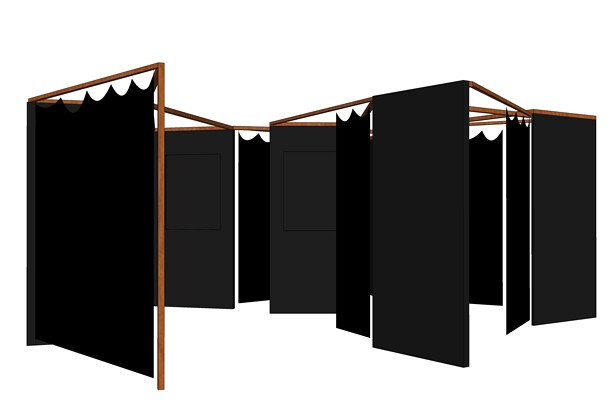In 2012, the 9th Shanghai Biennale, curated by Qiu Zhijie, Jens Hoffman, Boris Groys, and Johnson Chang, featured a series of city pavilions, each presenting unique perspectives aligned with the biennale’s broader themes. The Amsterdam Pavilion participated alongside cities such as Auckland, Tehran, Berlin, and Dakar. The Amsterdam Pavilion’s presentation, Temporary Autonomous Research (TAR), explored how contemporary art practices, deeply rooted in research, can intersect with the notion of autonomy. Featuring works by Falke Pisano, Jeremiah Day, and Nicoline van Harskamp, the pavilion focused on rethinking history through non-conformist artistic inquiry. It linked and matched its questions and issues with ‘the academy of reciprocal enlightenment’, one of the sub-themes of the 9th Shanghai Biennale, since TAR implicitly thematized the institutional conditions and constituents of art education.
